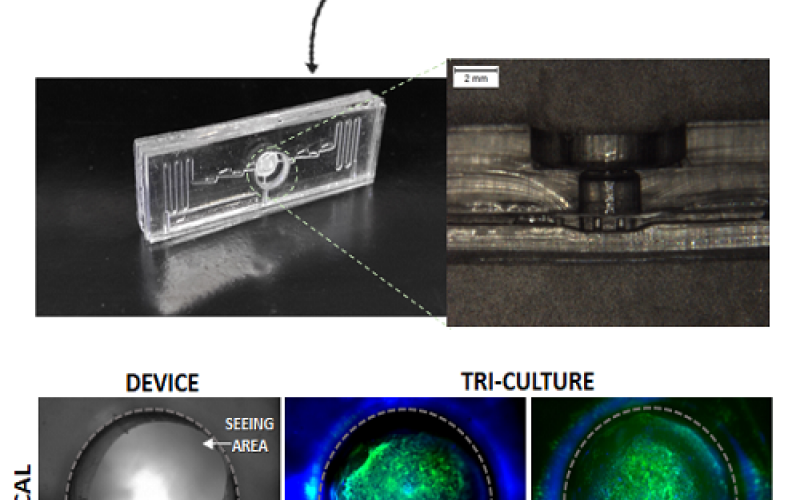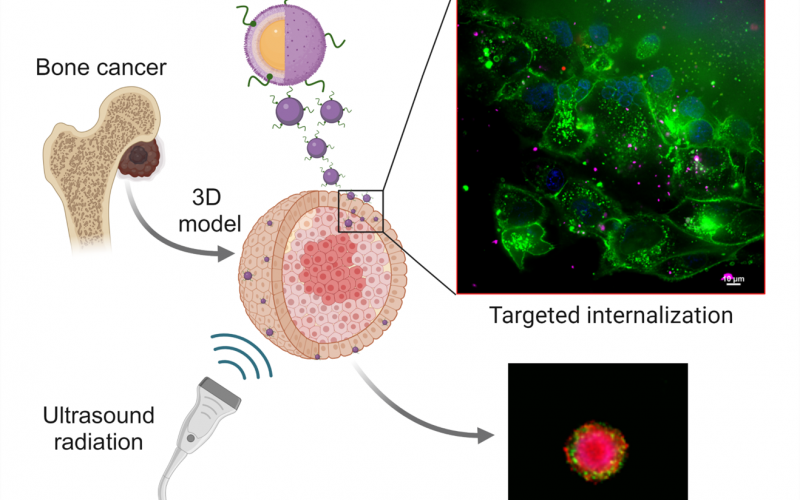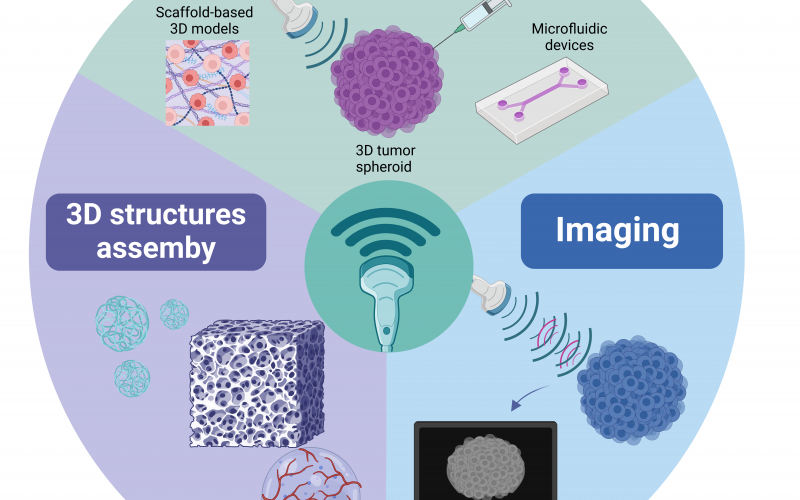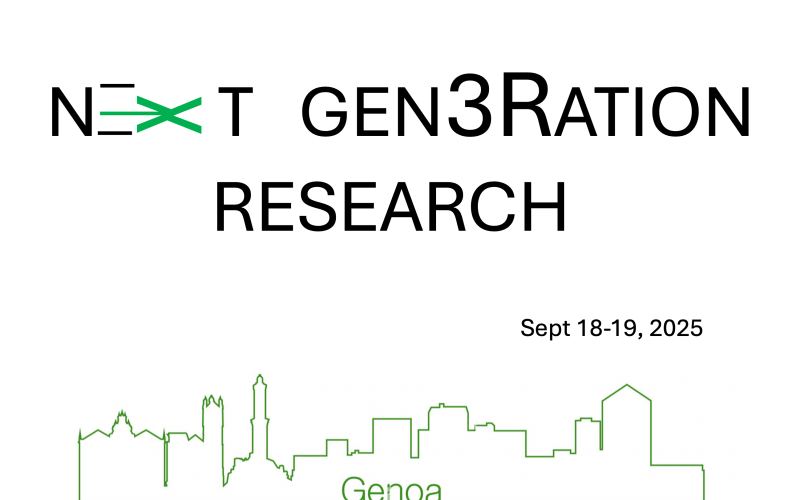- IT
- EN
- Centro Interuniversitario per la Promozione dei Principi delle 3R nella Didattica e nella Ricerca
Lipoperoxide Nanoemulsion as Adjuvant in Cisplatin Cancer Therapy: In Vitro Study on Human Colon Adenocarcinoma DLD-1 Cells
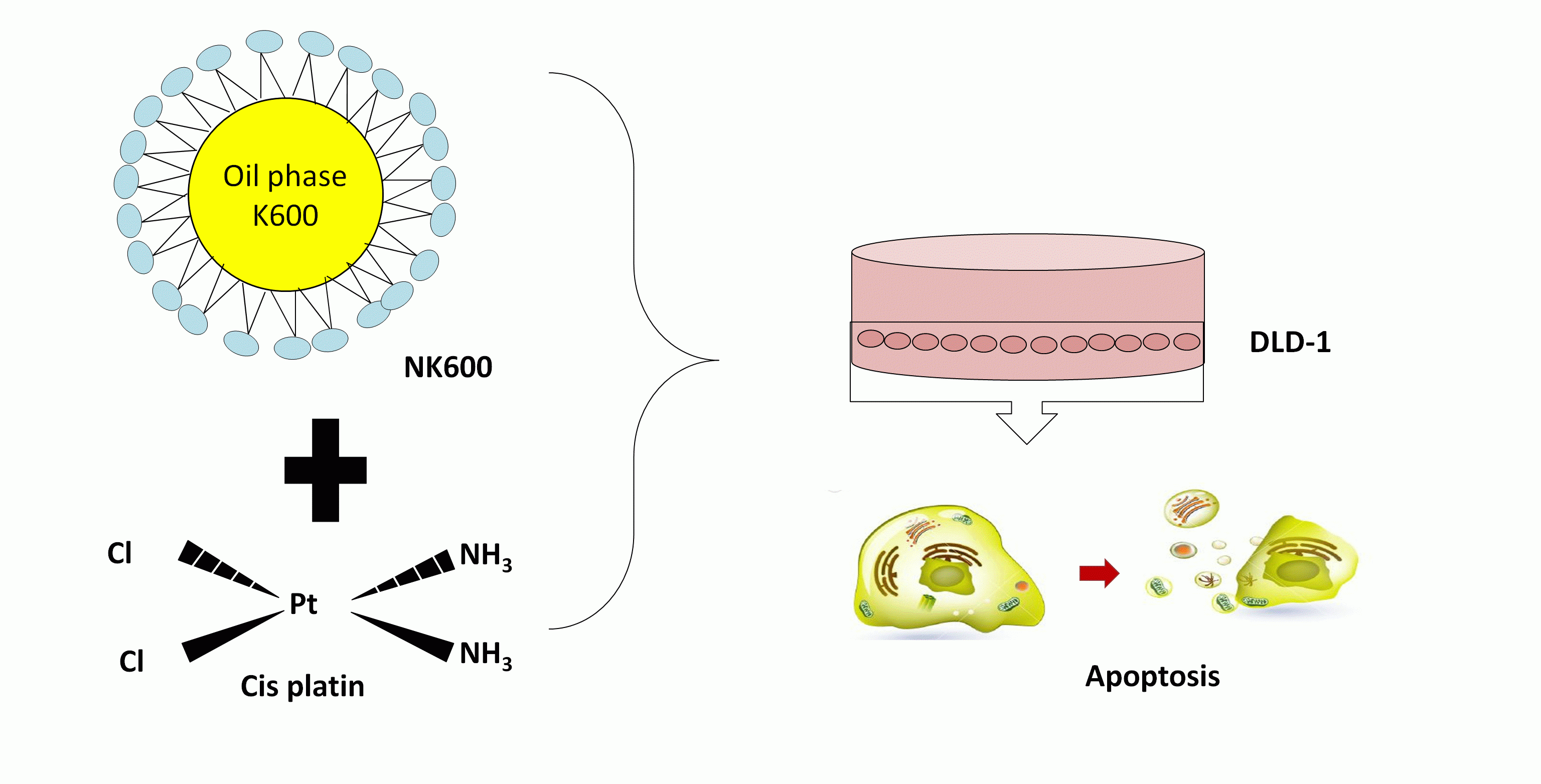
Cisplatin is a first-choice chemotherapeutic agent used to treat solid tumors even though the onset of multi-drug resistance and the time–dose side-effects impair its mono-therapeutic application.
Therefore, new drug-delivery approaches, based on nanomedicine strategies, are needed to enhance its therapeutic potential in favor of a dose-reduction of cisplatin. Polyunsaturated fatty acids and
their metabolism-derived intermediates, as well as lipid peroxidation end-products, are used as adjuvants to improve the effectiveness of chemotherapy. Lipid hydroperoxides, derived from the
oxidation of edible oils, can contribute to cell death, generating breakdown products (e.g., reactive aldehydes). In this regard, the aim of this present study was to evaluate an invitro combinatory
strategy between a lecithin-based nanoemulsion system of K600, a patented mixture of peroxidated oil and peroxidated cholesterol, and cisplatin on DLD1 human adenocarcinoma cells. Our findings
showed that nanoemulsions, acting in synergy with cisplatin, improve cisplatin bioactivity, in terms of enhancing its anti-cancer activity, towards DLD1 cells. Indeed, this combination approach, whilst
maintaining cisplatin at low concentrations, induces a significant reduction in DLD1 cell viability, an increase in pro-apoptotic markers, and genotoxic damage. Therefore, K600 nanoemulsions as
an efficient targeted delivery system of cisplatin allow for the reduction in the chemotherapeutic agent doses.
| Attachment | Size |
|---|---|
| 1.64 MB |

